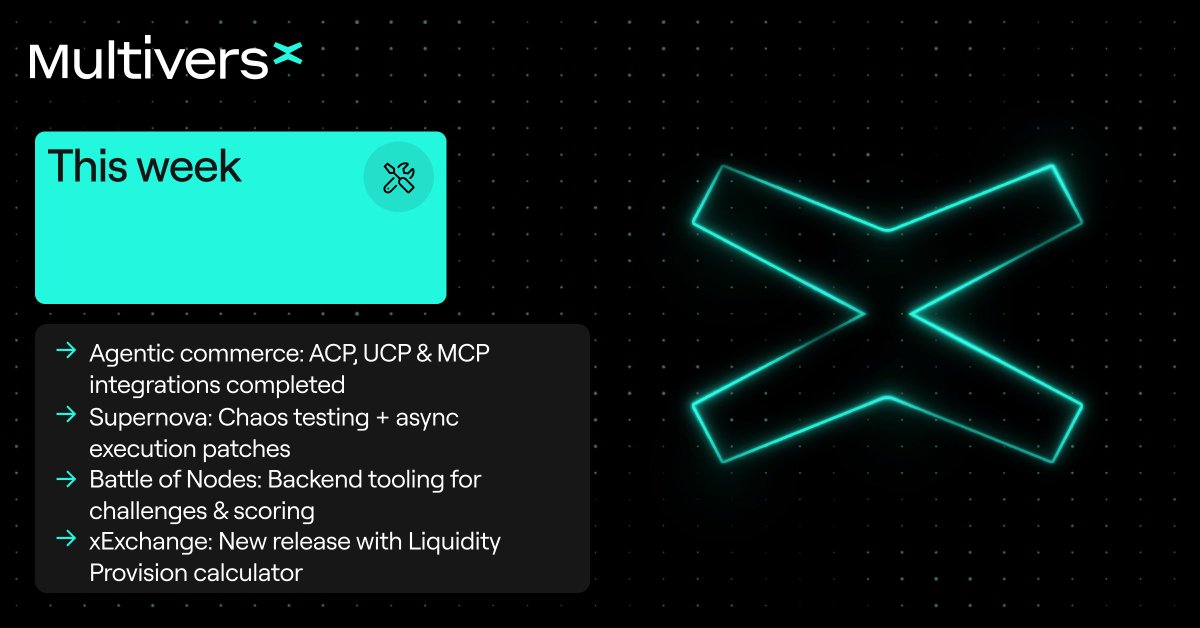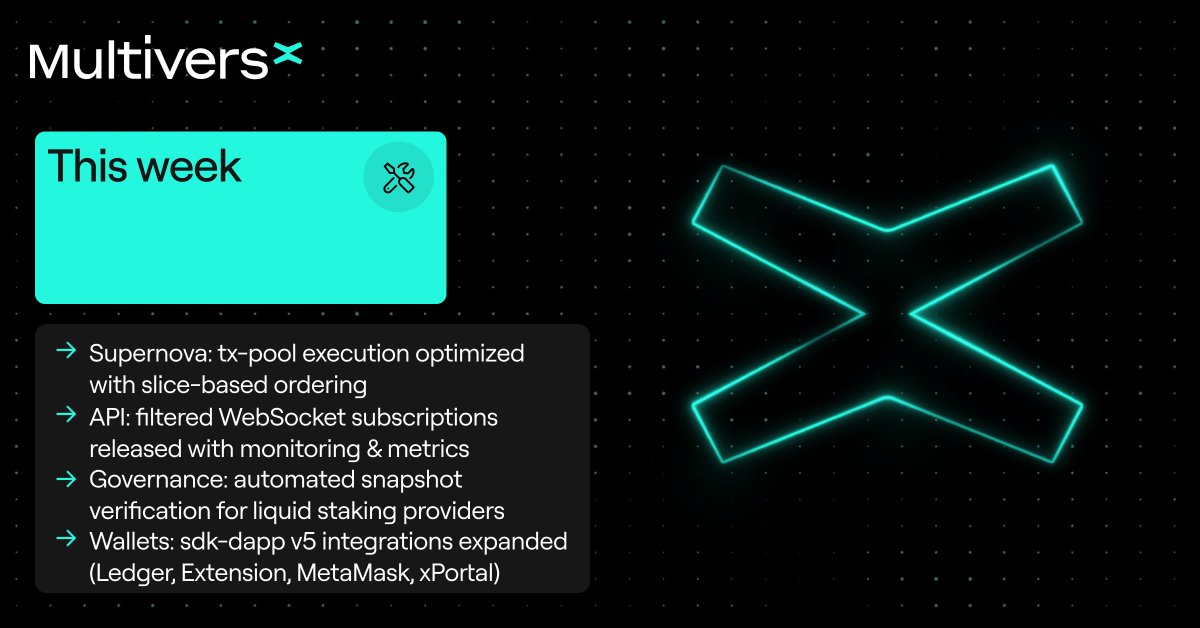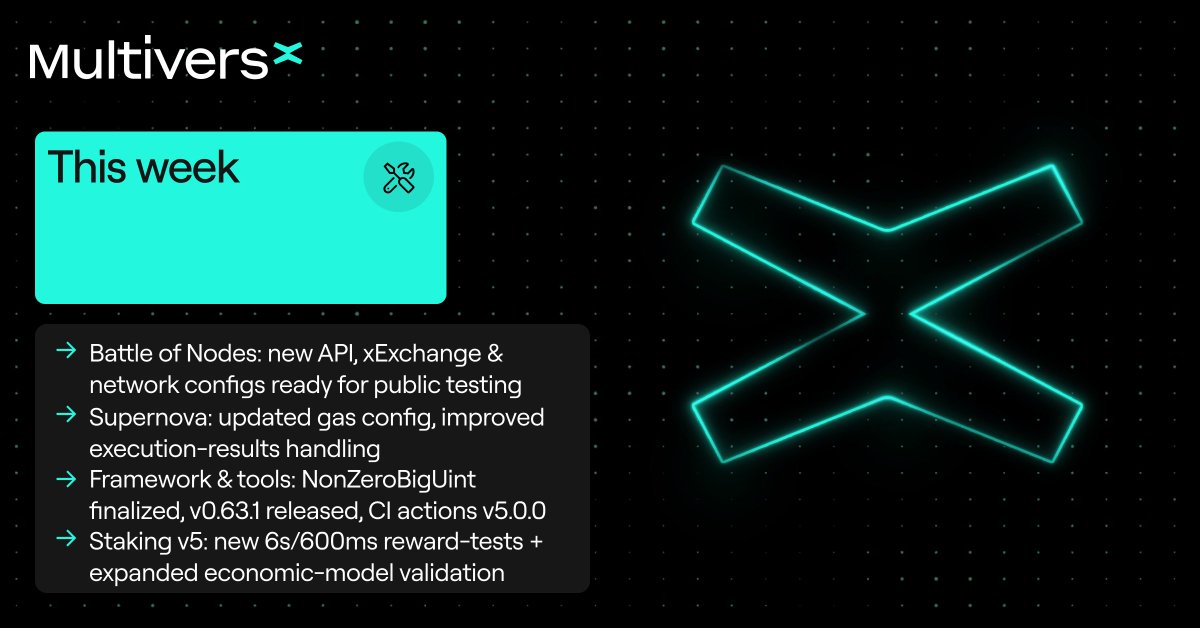Transaction finality is one of the key metrics when considering blockchain speed. Here’s how it works in @ElrondNetwork’s protocol.
1/ “Transaction finality” represents the time needed for a transaction to be irreversible. Roll-back mechanisms, such as fork recovery, can invalidate blocks and thus transactions. For this reason, a transaction is only considered final if it is included in an old-enough block.
2/ This is why it takes so long to deposit certain currencies to an exchange - even if you see your deposit transaction as successfully finalized in a block explorer, exchanges will wait a bit before they credit your account.
3/ Bitcoin TXs (transactions) are usually accepted as final after 6 confirmations, or 60 minutes. Ethereum TXs are considered final after 25 confirmations, or 6 minutes. In Elrond, finality is reached in ~27 seconds for intra-shard TXs and ~51 seconds for cross shard TXs
4/ TX finality in Elrond happens when the Metachain builds the next valid block on top of the block that “notarizes” - confirms as executed correctly - the TX. Intra-shard TXs are notarized in 4 rounds: Round 1 -> TX is included in the block
5/ Round 2 ->the next block is built after the previous one, Round 3 -> Metachain notarizes the header of the block with the TX in current metablock. The next Metachain block is created in Round 4, which makes the Meta-block from Round 3 final.
6/ The transaction was submitted sometime in Round 0. A “Round” is 6 seconds - the time needed to build a valid block. So intra-shard transaction finality is 0-6s +24s (4 rounds), so ~27 seconds.
7/ Cross-shard transactions require 4 extra Rounds to process the transaction in the destination shard: 0-6s + 48s (8 rounds), so ~51 seconds.
8/ Round duration is likely be lowered to 5s, so we might look at ~23s to ~43s finality or even less confirmation blocks, depending on observed mainnet data.
Stay tuned for more @ElrondNetwork tech.
Stay tuned for more @ElrondNetwork tech.
• • •
Missing some Tweet in this thread? You can try to
force a refresh










